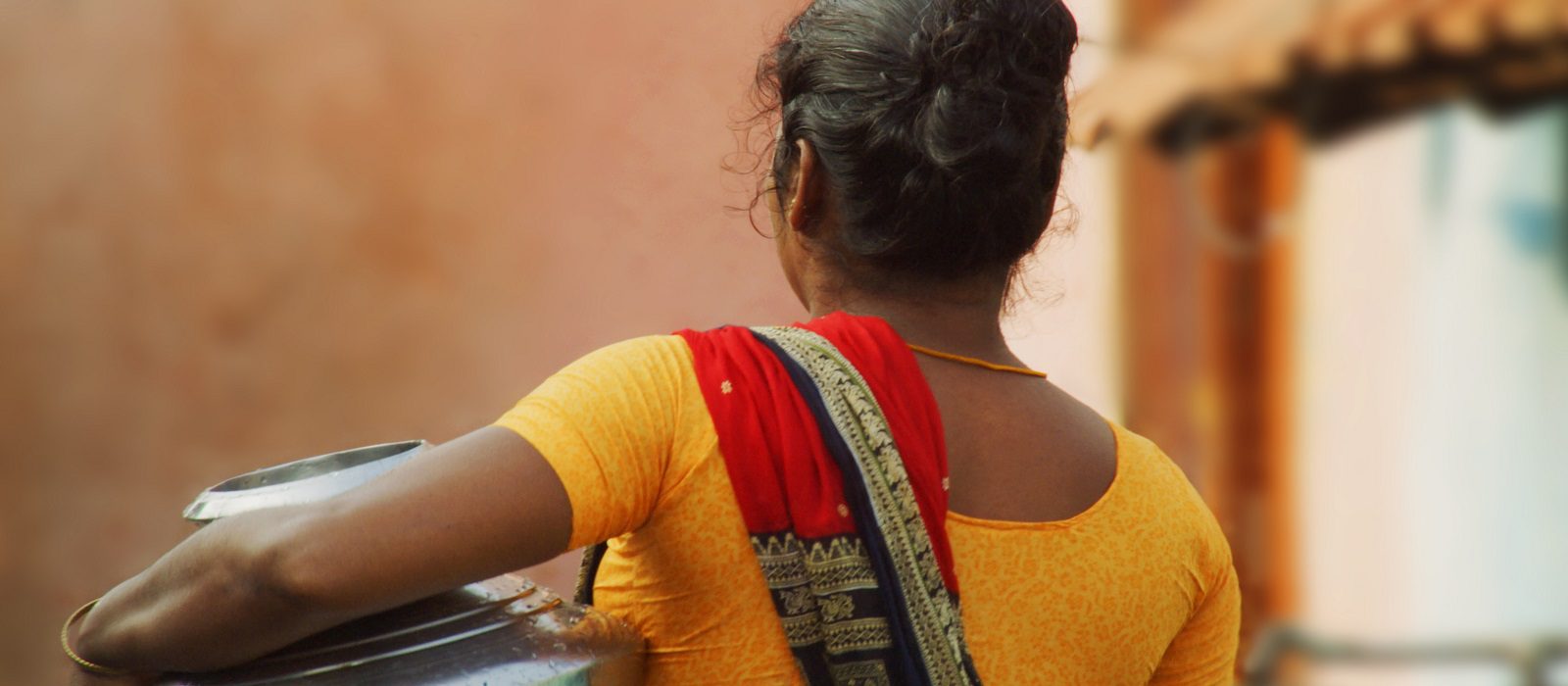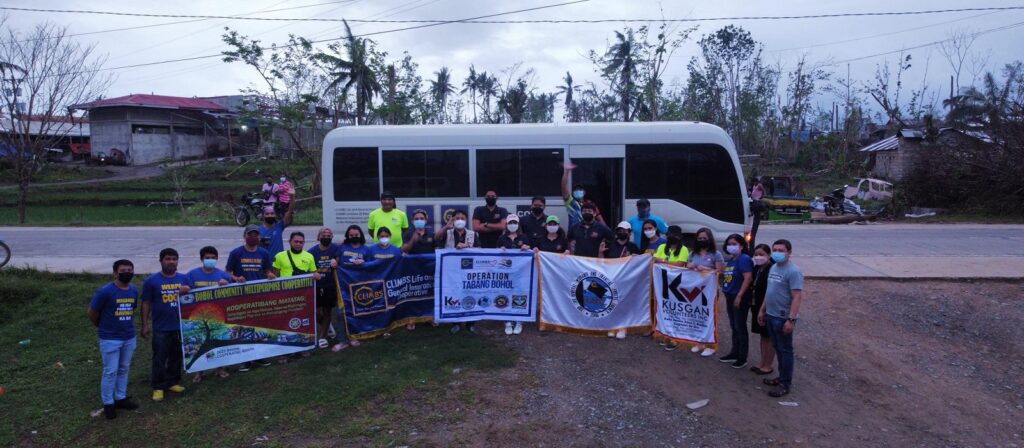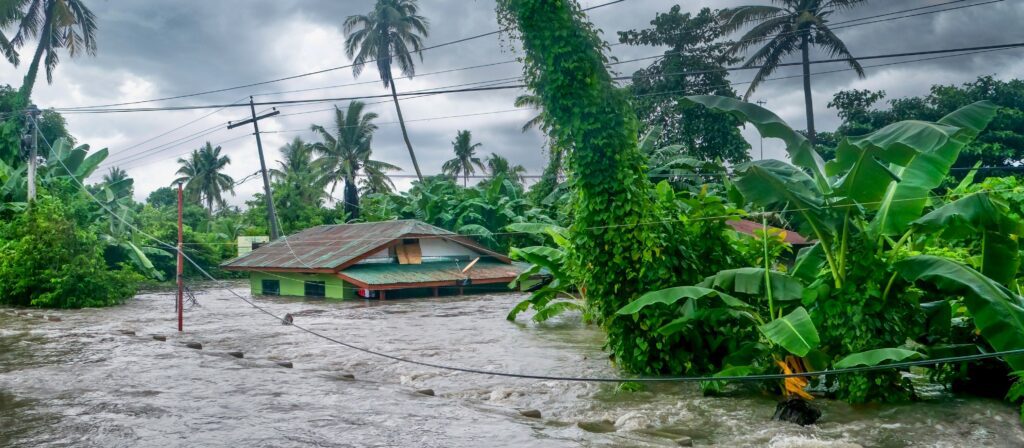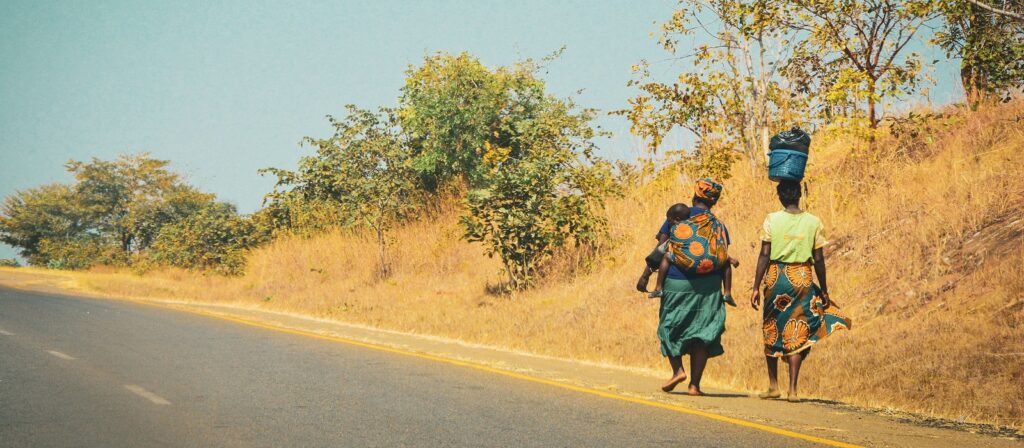In the bustling streets of Ahmedabad, India, where the sun beats down relentlessly, the struggle against the burning heat isn’t just about discomfort – it is about making ends meet for India’s women workers.
But now, there is a ray of hope: IBISA, a global climate Insurtech company, and ICMIF member, is launching an innovative insurance solution called Heat Index Product to help. Mutuality plays a crucial role in shaping IBISA’s customer-centric approach.
Specialising in climate risk management and parametric insurance, IBISA is a technology company that works with partners to create an innovative insurance solution for specific risks. Now, they are introducing Heat Index Insurance, specifically for women workers in places like Ahmedabad. This insurance kicks in to help when extreme heat forces workers to cut back on hours, ensuring they still have money coming in.
IBISA teamed up with ICICI Lombard, as risk carrier, and National Insurance VimoSEWA Cooperative Ltd. (another ICMIF member) for distribution to make this new offering possible. It is a step forward in their mission to bridge the insurance gap and build resilience to create purposeful impact in vulnerable communities.
The launch of Heat Index Insurance follows the success of IBISA’s previous solutions like the Typhoon coverage with ICMIF member CLIMBS in The Philippines, focusing on making a positive impact on communities and society – yet also understanding that these solutions need to be financially sustainable.
This member-centric focus enhances the overall customer experience. This member-centric focus enhances the overall customer experience – and provides peace of mind while paving the way for a more secure future for India’s informal workers.
Maria Mateo Iborra, CEO of IBISA explains: “In a world increasingly challenged by climate issues, IBISA is here to protect those in need. Through our innovative Heat Index Product, we provide a robust, yet simple, solution, supporting workers to confront the dual challenges of heat and uncertainty with confidence and resilience.”






